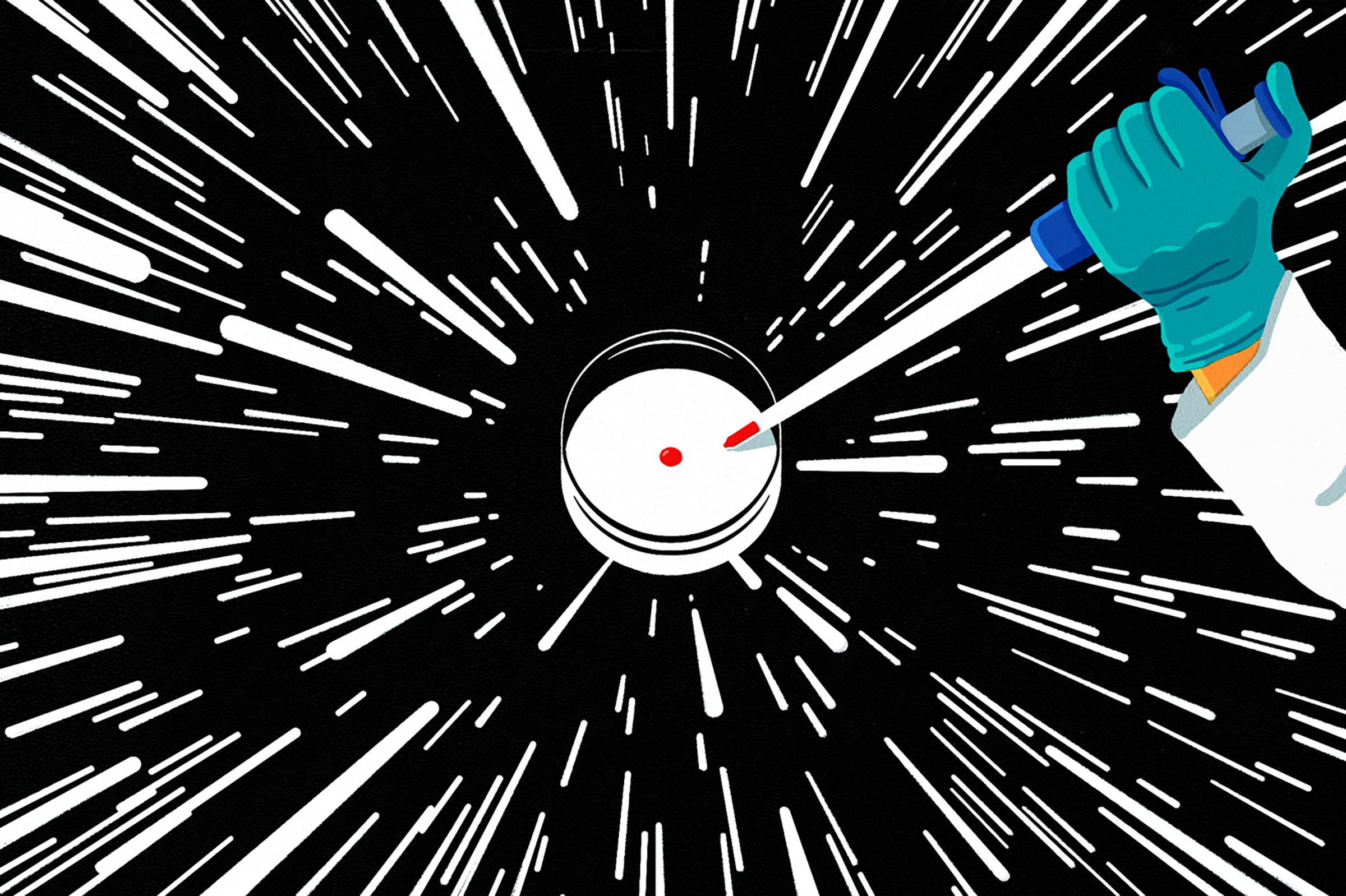
For the first time in over a year, we are starting to see a light at the end of the tunnel from the devastation caused by COVID-19. While much work remains to end and avoid a resurgence of the pandemic, public and private investments in scientific research will get us to a new normal. The speed to develop, test and manufacture COVID-19 vaccines has shown how science and technology, supported by leadership from governments and the private sector, have the ability to save lives. For example, the CDC’s V-safe program, which recorded side effects, led to the collection of data from tens of millions of people after vaccination, creating a new paradigm for data collection after drug approval.
These successes show just how much can be done when we invest in science and the systems to deploy it effectively. That is why we believe President Biden has the opportunity to lead on another major investment in scientific leadership: the battle to end suffering from cancer.
Despite recent advancements in medicine, cancer still kills more Americans each year than the COVID-19 pandemic has to date. Significant disparities exist, with African-American men having the highest death rates from cancer of any group in the country.
Now in its fifth of seven years, the Cancer Moonshot program, launched under the leadership of then Vice President Biden, has made significant progress. But with challenges remaining, there is a need to renew commitment, refresh priorities and increase funding for Cancer Moonshot 2.0. These efforts will complement and accelerate the National Cancer Institute’s (NCI) existing work.
We see several interrelated priorities for a second Cancer Moonshot, which can unlock new and needed progress in the war on cancer. To begin: standardizing and collecting cancer-patient data (using the same vocabulary to describe medical events and collecting patient data in the same way so they can be compared), especially on outcomes that matter to patients. Patients want to be part of the solution and participate, through use of their privacy-protected data. For too long, electronic health records have been health system–centric, making it difficult for patients, doctors and researchers to track an individual patient’s data over time and across systems. With standardized, patient-centric data, artificial intelligence (AI) can help identify measures for intercepting cancer early, reducing disparities in outcomes and using precision medicine to get treatments to patients who will most benefit from them. With standardized data, we can also create a national cancer data (NatCanDa) repository that researchers can use to inform treatment development, and better pool and share our data with the world. Data holds the clues to better treating cancer.
In addition, we have to modernize systems at the NCI, the FDA, Centers for Medicare and Medicaid Services and other government agencies that collect cancer-related data. Modernized systems, including outcomes, clinical-trial and claims data, will allow us to use real-world evidence to determine which treatments work best for which types of patients and under which models of care, and the most cost-effective ways of delivering those treatments. This will also serve as the foundation of a coordinated cancer clinical trial infrastructure to support faster and more effective drug development.
Together, these initiatives can set up a national “learning health system” for cancer treatment and prevention, where research informs clinical care, and clinical care informs research. Better data sharing and use of real-world evidence can lay the foundation for similar progress on other diseases, especially complex chronic conditions like heart disease and diabetes.
The ability of science to respond to the COVID-19 pandemic shows that, with the right government, scientific, health care, technology and community leadership, we can come together to save lives.
More Must-Reads From TIME
- The 100 Most Influential People of 2024
- The Revolution of Yulia Navalnaya
- 6 Compliments That Land Every Time
- What's the Deal With the Bitcoin Halving?
- If You're Dating Right Now , You're Brave: Column
- The AI That Could Heal a Divided Internet
- Fallout Is a Brilliant Model for the Future of Video Game Adaptations
- Want Weekly Recs on What to Watch, Read, and More? Sign Up for Worth Your Time
Contact us at letters@time.com